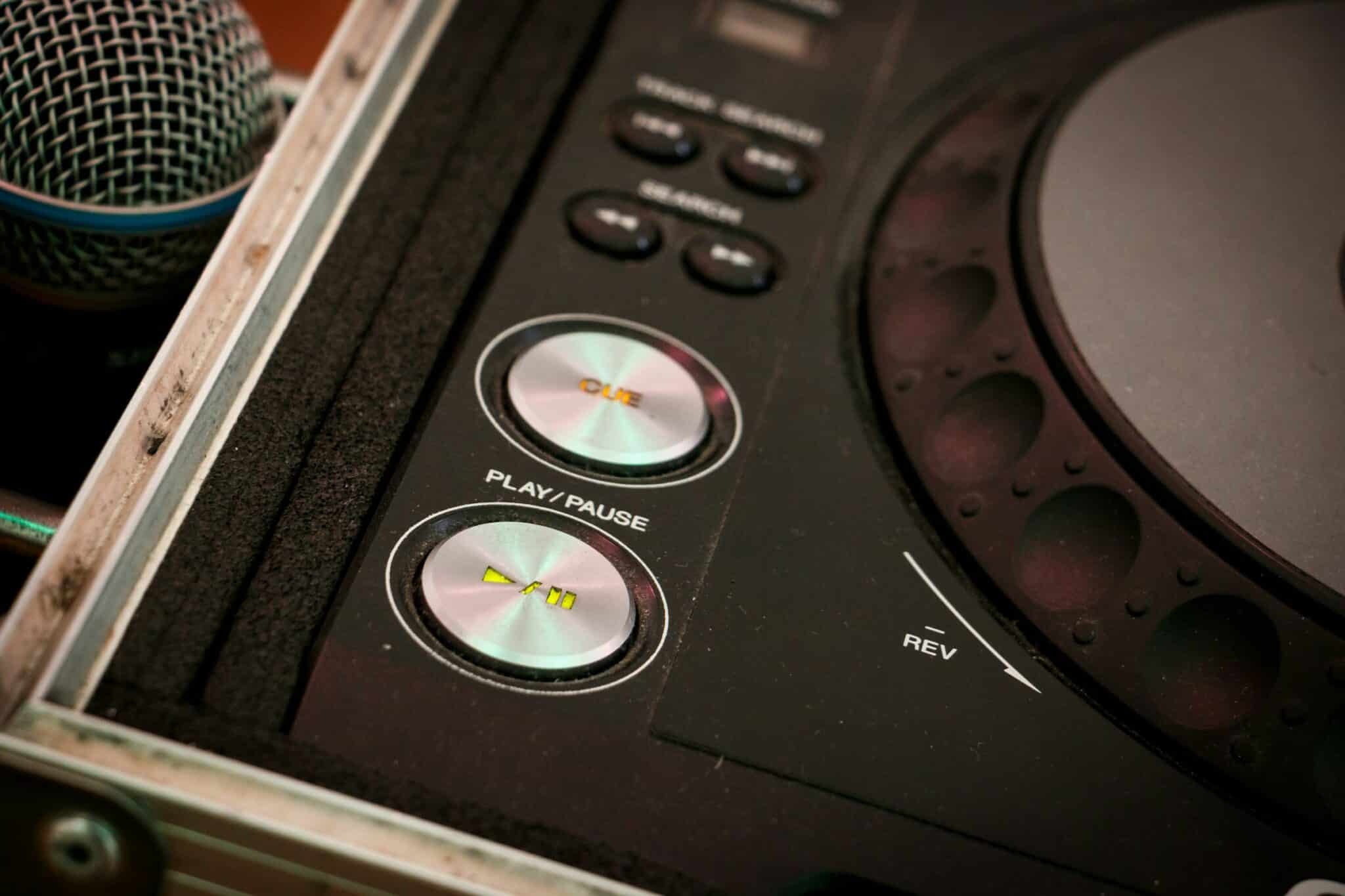How To Be An Event Host

Being an event host is both an exciting opportunity and a big responsibility. Whether you are hosting a small gathering or a large celebration, your role is crucial to the event’s success. Here’s a guide on how to be an effective event host, with practical tips and advice.
Before we proceed to the main topic of this article, consider this if you’re planning an event and need an event host. Will Gill is your go-to corporate event host known for delivering lively events that everyone trusts. His client portfolio consists of the world’s leading businesses, and he has received over 1,500 five-star reviews. Check out DJ Will Gill IMDb page here.
Check out Will Gill’s performance at Mandalay Bay in the video below! Get in touch with Will Gill now to ensure your event is one to remember.
Guide On How to Be An Effective Event Host
Planning Ahead
The foundation of a successful event is thorough planning. Start by defining the purpose and goals of your event. Is it a birthday celebration, a corporate gathering, or a casual get-together? Understanding the event’s purpose will help you make key decisions about the venue, guest list, and activities.
Create a checklist of tasks that need to be completed before the event. This list might include booking a venue, sending out invitations, arranging catering, and organizing entertainment. A timeline can help you keep track of deadlines and ensure everything is completed in a timely manner.
Budgeting is also a critical part of planning. Decide your budget and divide it among food, decorations, and entertainment. Sticking to your budget will prevent overspending and potential stress.
Engaging with Guests
As a host, your primary role is to make your guests feel welcome and valued. As they arrive, greet them warmly and introduce them to each other if they don’t already know one another. This can help break the ice and encourage socializing.
Show genuine interest in your guests by engaging in conversations. Ask about their interests, share stories, and listen actively. Being attentive and approachable will make your guests feel comfortable and appreciated.
Managing Time Effectively
Time management is key to maintaining a smooth event flow. Create a schedule that outlines when different activities will take place, such as speeches, meals, or entertainment. Share this schedule with any helpers or staff to ensure everyone is on the same page.
Be flexible with your schedule to accommodate any delays or changes. For example, if a meal is running late, have a backup plan to keep guests entertained, such as a game or a short presentation.
Handling Unexpected Situations
Even with the best planning, surprises can still happen. Picture an outdoor event disrupted by sudden rain or a performer canceling last minute. Maybe the sound system suddenly stops working. These are just a few examples of unexpected challenges that can pop up.
It’s important to stay calm and be prepared to tackle these situations smoothly. Have contingency plans in place for common issues. For instance, if your event is outdoors, arrange for a tent or an indoor backup location in case of rain. Keep a list of emergency contacts for vendors or services you may need to contact quickly.
Importance of Communication
Clear communication with your guests and team is vital. Share event details like start time, location, dress code, and parking with your guests. This can be done through invitations, emails, or a dedicated event website.
To make sure your event runs smoothly, it’s important to keep in touch with your team and anyone you’ve hired to help. Regular communication helps everyone understand what they’re supposed to do. Plan for meetings before the event to go over the schedule, so everyone knows what to expect and when things happen.
Creating a Welcoming Atmosphere
The atmosphere of your event plays a significant role in how guests feel. Pay attention to details like lighting, music, and decorations to create an inviting and enjoyable environment. Choose a theme or color scheme that reflects the purpose of your event and appeals to your guests.
Consider setting up a welcome area where guests can mingle as they arrive. Offering a drink or a small appetizer can help set the tone for the event and make guests feel at ease.
Ensuring Smooth Event Flow
To keep the event running smoothly, monitor the flow of activities and make adjustments as needed. If you notice that guests are losing interest, it might be time to move on to the next activity. Encourage participation by announcing upcoming events or activities and inviting guests to join in.
If you have helpers or staff, delegate tasks to them so you can focus on interacting with your guests. Trusting your team to handle certain aspects will allow you to oversee the event more effectively.
Making Guests Feel Valued
Show your appreciation for your guests by adding personal touches to the event. This could be personalized seating arrangements, thoughtful party favors, or a heartfelt thank-you speech. These small gestures can make a big impact, showing your guests that you care about their experience.
After the event, follow up with a thank you message or email to express your gratitude for their attendance. Sharing photos from the event can also help keep the memories alive and strengthen connections.
Being An Event Host
Being an effective event host involves a blend of preparation, communication, and adaptability. Plan carefully, connect with guests, manage time, and handle surprises to make a great experience for everyone. Remember that your enthusiasm and genuine care for your guests will shine through, making your event a success.